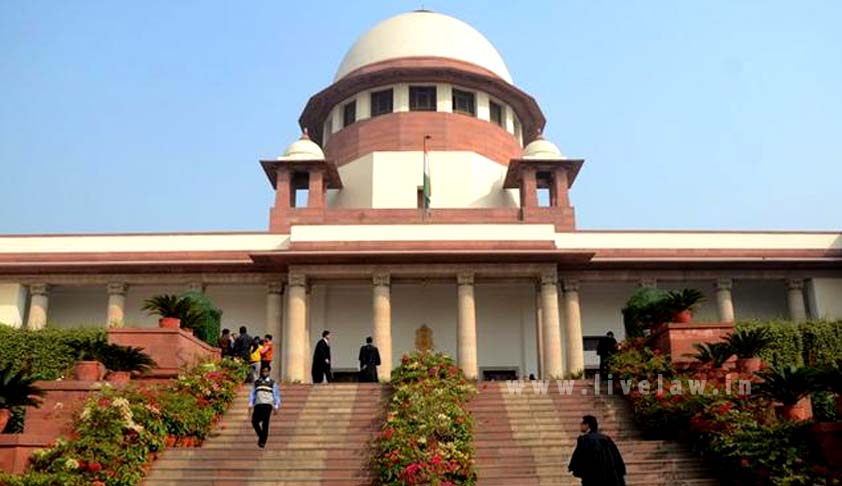New Delhi: The Supreme Court held Wednesday that members of lower judiciary like magistrates and civil judges are not eligible for direct recruitment to posts of district judges, a route meant exclusively for advocates having seven years continued practice.
The top court directed that judicial officers, who have been appointed as district judges through direct recruitment during the pendency of the petition in this connection, will have to revert to their original posts. It, however, said that magistrates and civil judges can be promoted on merit and seniority basis or appointed through limited competitive examination for the post of district judge.
The top court held that members of judicial service having seven years experience of practice before they have joined the service or having combined experience of seven years as lawyer and member of judiciary will not be eligible to apply for direct recruitment as district judge.
A bench of justices Arun Mishra, Vineet Saran and S Ravindra Bhat unanimously interpreted Article 233 of the Constitution which deals with the appointment of district judges.
“We are of the opinion that for direct recruitment as district judge as against the quota fixed for the advocates/pleaders, incumbent has to be practising advocate and must be in practice as on the cut-off date and at the time of appointment he must not be in judicial service or other services of the Union or State,” the bench said.
Article 233 sub-clause 2 states that a person who is already in the service of the Union or of the State shall not be eligible to be appointed as a district judge. The provision also says that a person to be eligible for the post of district judge should have not less than seven years of practice as an advocate or a pleader and is recommended by the high court for appointment.
The bench clarified that for constituting experience of seven years of practice as advocate experience obtained in judicial service cannot be equated or combined.
“Advocates should be in practice in the immediate past for seven years and must be in practice while applying on the cut-off date fixed under the rules and should be in practice as an advocate on the date of appointment. The purpose is recruitment from bar of a practising advocate having minimum seven year’s experience,” the top court said.
In its 84-page verdict penned by Justice Mishra, the bench said, “The rules framed by the high court prohibiting judicial service officers from staking claim to the post of district judge against the posts reserved for advocates by way of direct recruitment, cannot be said to be ultra vires and are in conformity with Articles 14, 16 and 233 of the Constitution of India.”
PTI
